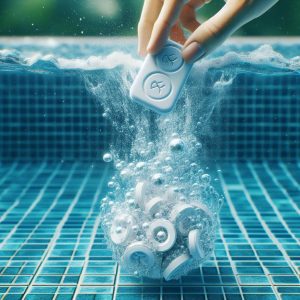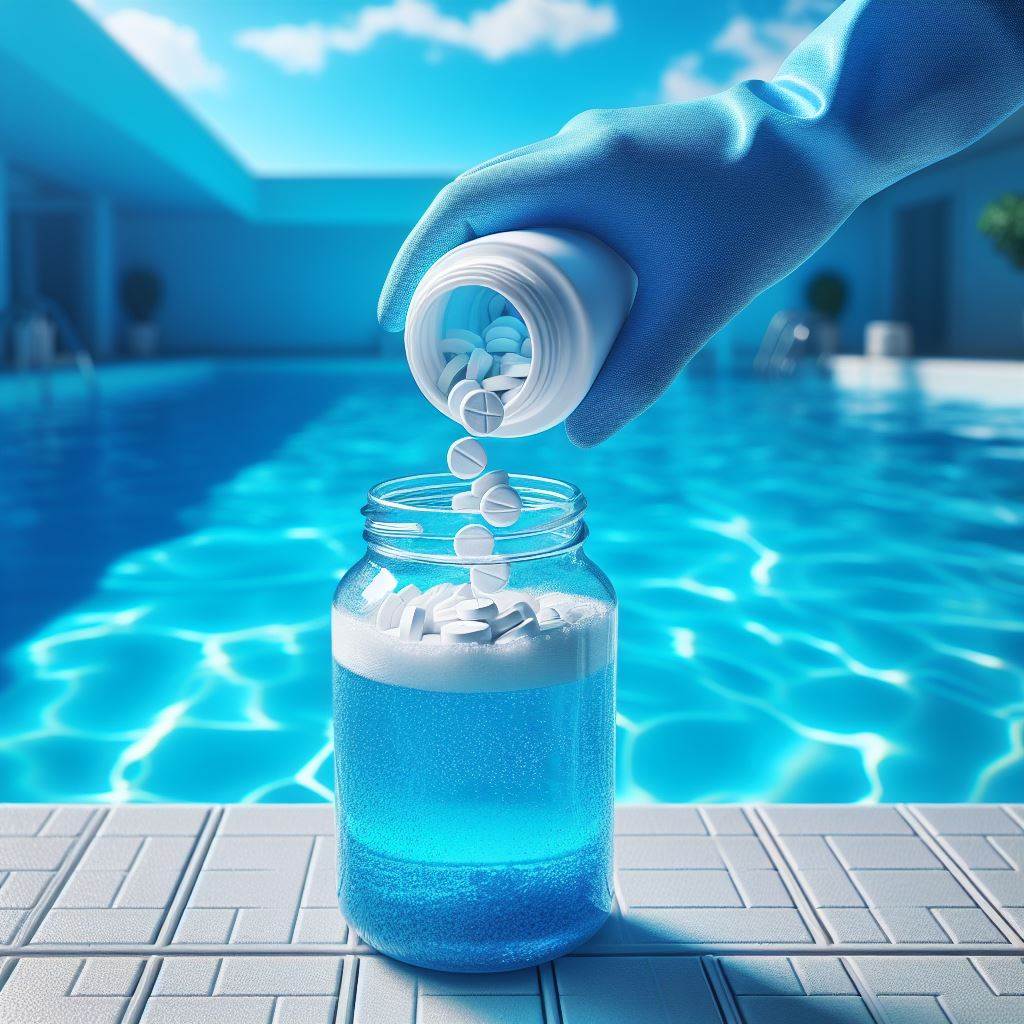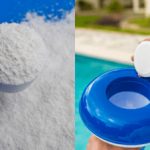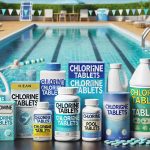In the modern world, the importance of clean and safe water cannot be overstated, especially when it comes to public swimming pools, water parks, and other recreational water bodies. The key to ensuring the safety of these waters lies in effective sanitation practices, with chlorine tablets playing a pivotal role. Behind this crucial component of water safety is an industry dedicated to producing high-quality chlorine tablets: the pool chlorine tablet factories. These facilities not only represent significant technological and chemical manufacturing achievements but also stand as unsung heroes in the promotion of public health.
The Production of Chlorine Tablets
The production of pool chlorine tablets is a sophisticated process that requires strict adherence to chemical safety standards and quality control. The primary ingredient, chlorine, is known for its potent disinfectant properties, effectively killing bacteria, viruses, and other pathogens present in water. The process begins with the procurement of raw materials, including chlorine in various forms, and binding agents, which are then mixed, compressed, and shaped into tablets. This manufacturing process is closely monitored to ensure that the tablets contain the correct concentration of chlorine and dissolve at a controlled rate when used in pools.
Chlorine Tablets and Water Sanitation
Chlorine tablets serve a critical function in water sanitation by maintaining the cleanliness and safety of communal water bodies. When dissolved in water, chlorine works to neutralize a wide array of harmful microorganisms that can cause diseases such as cholera, typhoid, dysentery, and swimmer’s ear. The controlled release of chlorine from these tablets ensures a consistent level of water sanitation over time, making them an ideal solution for pool maintenance.
Public Health Implications
The role of pool chlorine tablet factories extends far beyond the confines of their production lines. By providing an effective and reliable means of water disinfection, these factories contribute significantly to public health. Clean swimming pools reduce the risk of waterborne illnesses among swimmers, ensuring that community pools, spas, and water parks are safe for public enjoyment.
Furthermore, the accessibility of high-quality chlorine tablets enables public and private pool owners to maintain their facilities to a high standard of hygiene, promoting health and wellness within the community. This is particularly important in regions with hot climates, where pools are a popular means of recreation and relief from the heat.

Challenges and Responsibilities
Despite their essential role in public health, pool chlorine tablet factories face several challenges. The production of chlorine tablets involves handling hazardous chemicals, requiring stringent safety protocols to protect workers and the environment. Additionally, the factories must navigate complex regulations governing the use and disposal of chemicals, underscoring the importance of environmental stewardship in their operations.
Moreover, the industry is tasked with the continuous improvement of their products to enhance efficiency, reduce environmental impact, and meet the evolving needs of public health standards. This includes developing tablets that dissolve more evenly, produce fewer by-products, and are packaged in environmentally friendly materials.
The Future of Pool Chlorine Tablet Production
Looking forward, the pool chlorine tablet industry is poised to play an even more significant role in public health as the global population grows and the demand for recreational water facilities increases. Innovations in tablet composition, packaging, and the use of alternative, more sustainable disinfectants are on the horizon, promising to enhance the safety and environmental sustainability of water sanitation practices.
Moreover, as awareness of the importance of water quality and public health grows, the industry is likely to see increased collaboration with public health organizations, regulatory bodies, and environmental groups. This collaborative approach will ensure that pool chlorine tablet factories continue to meet the highest standards of production while contributing to the well-being of communities around the world.
Conclusion
Pool chlorine tablet factories are more than just manufacturing facilities; they are vital contributors to public health through their role in water sanitation. By producing chlorine tablets that keep our swimming pools clean and safe, they help prevent the spread of waterborne diseases and promote a healthy recreational environment. As we move forward, the continued innovation and responsible practices within this industry will be crucial in meeting the growing demands of public health and environmental sustainability. The unsung efforts of these factories underscore a commitment to safeguarding the health of communities worldwide, making them indispensable in our quest for clean and safe recreational water.





